The Yenching Academy master's program in China Studies draws upon its compulsory courses and encourages Scholars to take diverse viewpoints to explore issues related to contemporary China and the world by employing interdisciplinary theories and methodologies. YCA contributes to Scholars’ future development through an innovative course system that incorporates problem-oriented interdisciplinary curriculum and field studies. YCA’s master program places equal emphasis on both explicit and implicit education.
China in Transition as the core compulsory course explores the topics of modernity and sustainability from the perspectives of four disciplines: economics, sociology, politics and law, and environment, and reexamines China and the world against globalization.
In the fall semester of the 2020–21 academic year, 70% of Yenching Scholars were remained outside China due to the COVID-19 pandemic. China in Transition was therefore conducted online with lectures and panel discussions. Scholars were encouraged to be problem-oriented through reading, online classroom study and panel discussions and gain deeper understanding of related issues. They shared their understanding of areas of interest and learnt to see China and the world with an open mind. Also, Scholars were encouraged to build a full sense of related issues and apply scientific approaches in their analysis.
Fifteen professors from eight PKU colleges and departments and Cornell University held a panel discussion on the scenario of and after the COVID-19 pandemic, particularly China’s efforts to fight COVID-19 and the post-epidemic socio-economic situation in the country, drawing upon interdisciplinary theories and perspectives, to help Scholars better see China and the world today.
For Economics, we invited:
Gordon Liu, Professor at National School of Development, Peking University
Lei Xiaoyan, Professor at National School of Development, Peking University
Li Lixing, Professor at National School of Development, Peking University
Shi Jü, Assistant Professor at School of Economics, Peking University
For Society and Culture, we invited:
Wu Lijuan, Associate Professor at Department of Sociology, Peking University
Lu Jiehua, Professor at Department of Sociology, Peking University
Wu Jing, Professor at School of Journalism and Communication, Peking University
Zhang Huiyu, Researcher at School of Journalism and Communication, Peking University
For Politics and Law, we invited:
Xu Xin, Executive Director of Cornell University’s China and Asia Pacific Studies Program (CAPS)
Guo Li, Professor at Law School, Peking University
Zhang Jian, Assistant Professor at School of Governance, Peking University
Fan Shiming, Associate Professor at Yenching Academy, Peking University
Zhang Changdong, Associate Professor at School of Governance, Peking University
For Environment, we invited:
Zhang Shiqiu, Professor at College of Environmental Sciences and Engineering, Peking University
Xu Jianhua, Associate Professor at College of Environmental Sciences and Engineering, Peking University
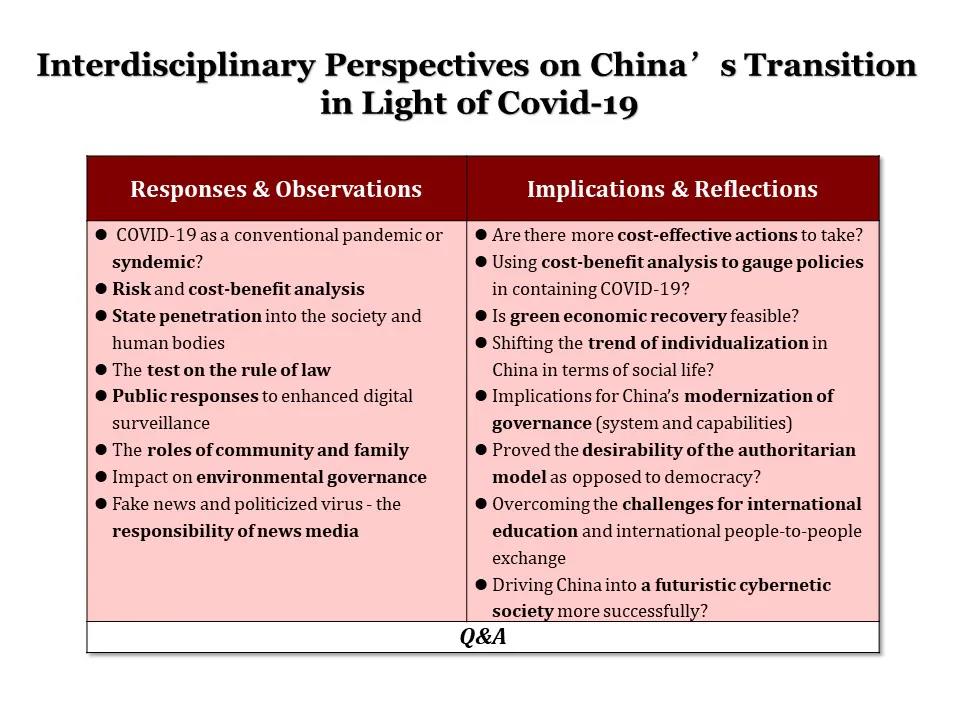
The Curriculum and Scholarship Office worked hard on the online teaching system and arranged the courses at 20:00–23:00 Beijing Time, so that our Scholars in 15 time zones would be able to take the livestreaming courses and discussions.
In the “Opening Course” in the second week of the semester, our professors focused on the impacts and challenges from the COVID-19 pandemic, drawing on the analysis and thoughts from their own academic viewpoints. Our Scholars, in spite of being in different places around the world, had good online discussions with their teachers and fellow students on countermeasures taken in different countries and regions. They also touched upon the possible development of the pandemic.
Our eight lecturers for the fall semester of the 2020–21 academic year reexamined and redefined the course China in Transition. According to Prof. Xu Xin, as the Academy’s core compulsory course, Transition in China is sort of cornerstone of YCA’s curriculum system. China is more than a concept in textbooks. Students should understand China as what it has experienced, achieved and faced.
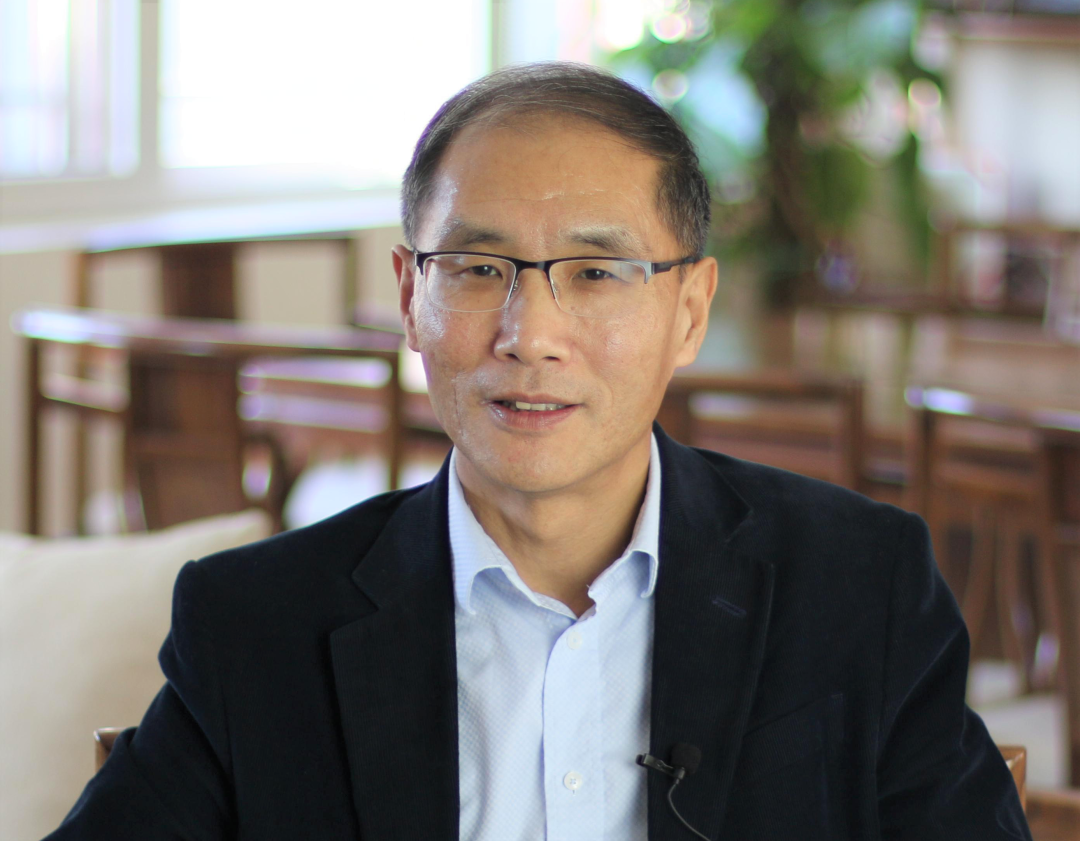
Major issues in the field have been reorganized and discussed in the course, and Scholars were encouraged to see China’s past, present and future as a dynamic process. Furthermore, students were inspired to break up mindset and prejudice and understand China in transition in an objective manner.
What’s more, the course goes beyond from China itself to China’s position in the world through history. The issues under discussion may be unique to China, but some others are seen in any “traditional” society that undergoes transition to modernity. Problems faced by China in transition can be fully detected and understood only when China stories and discourses are put against the backdrop of global modernization accompanied with changes and wars in history.
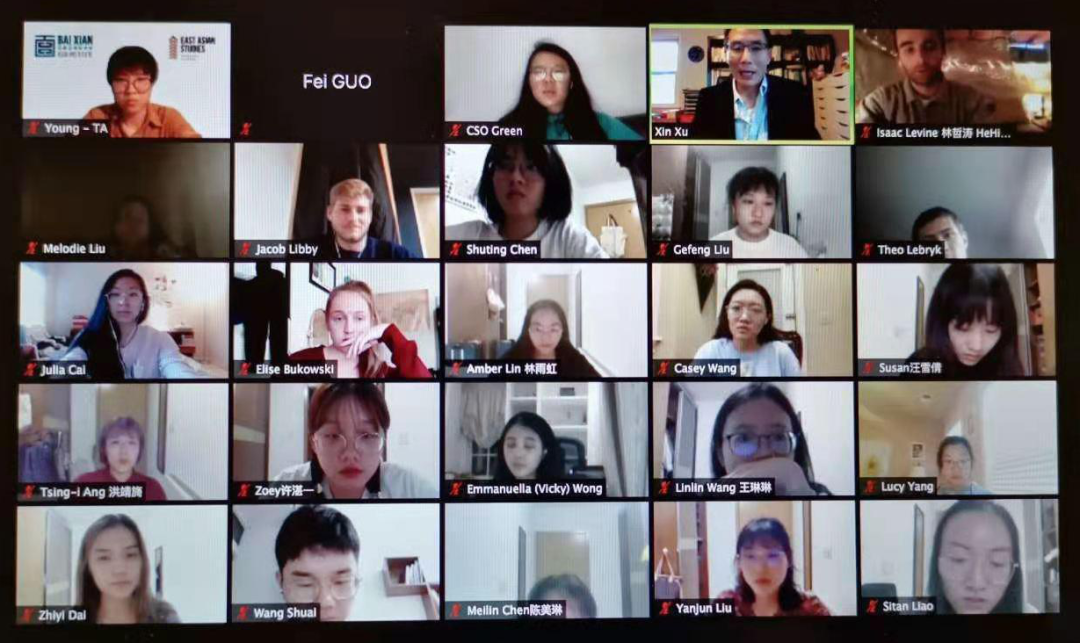
Prof. Gordon Liu from National School of Development, Peking University, said, “We teachers enjoyed the course. Our students from different countries and regions were willing to talk. And we teachers felt invigorated and inspired by the students. I think YCA’s China in Transition has set a good model for courses; that teachers and students could communicate like friends. That is, teaching is learning.”
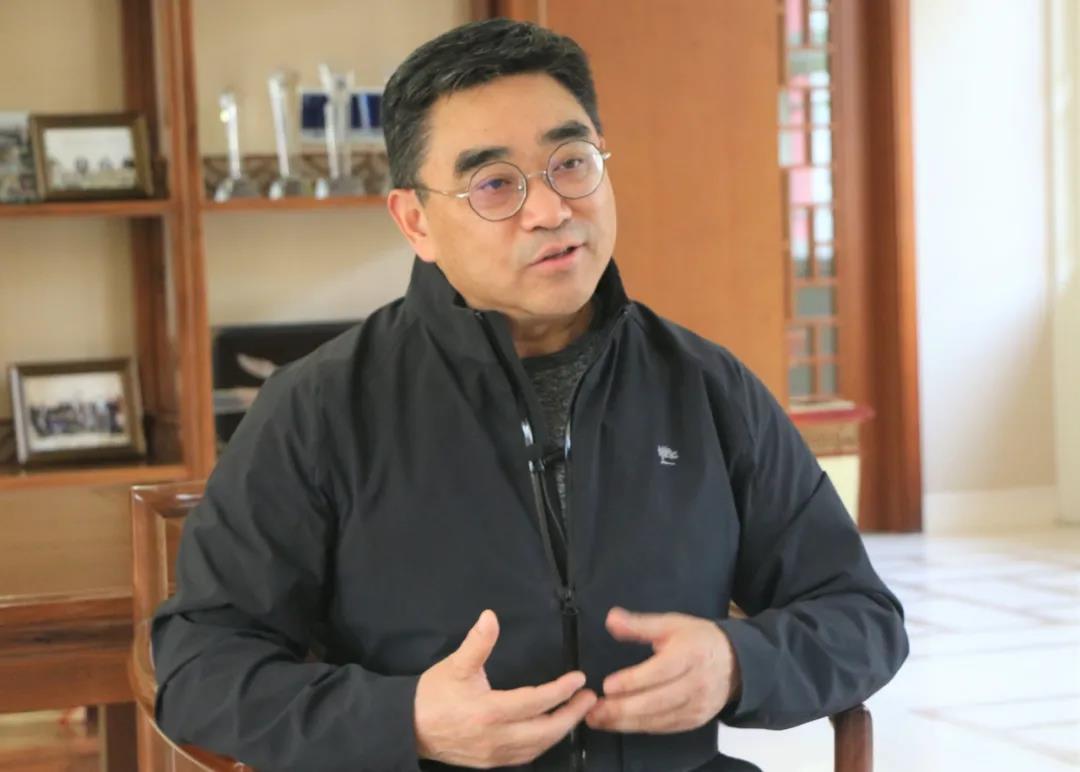
Prof. Guo Li from Law School, Peking University, said, “Our Scholars were facing inconvenience caused by the pandemic. They were to some extent locked down in their own countries and could only attend online courses. Their life has changed due to anti-epidemic measures. But they could draw on the new conditions and understand the issues under discussion in the course. For instance, they had new understanding of rule of law in the pandemic. They saw how rule of law played the role in their own countries and how to see and observe those new rules. The students talked about what they felt, and with instructions from teachers and TAs, they could distill emotions and feelings into sort of theories and principles. That is, they could apply what they’ve learnt.”
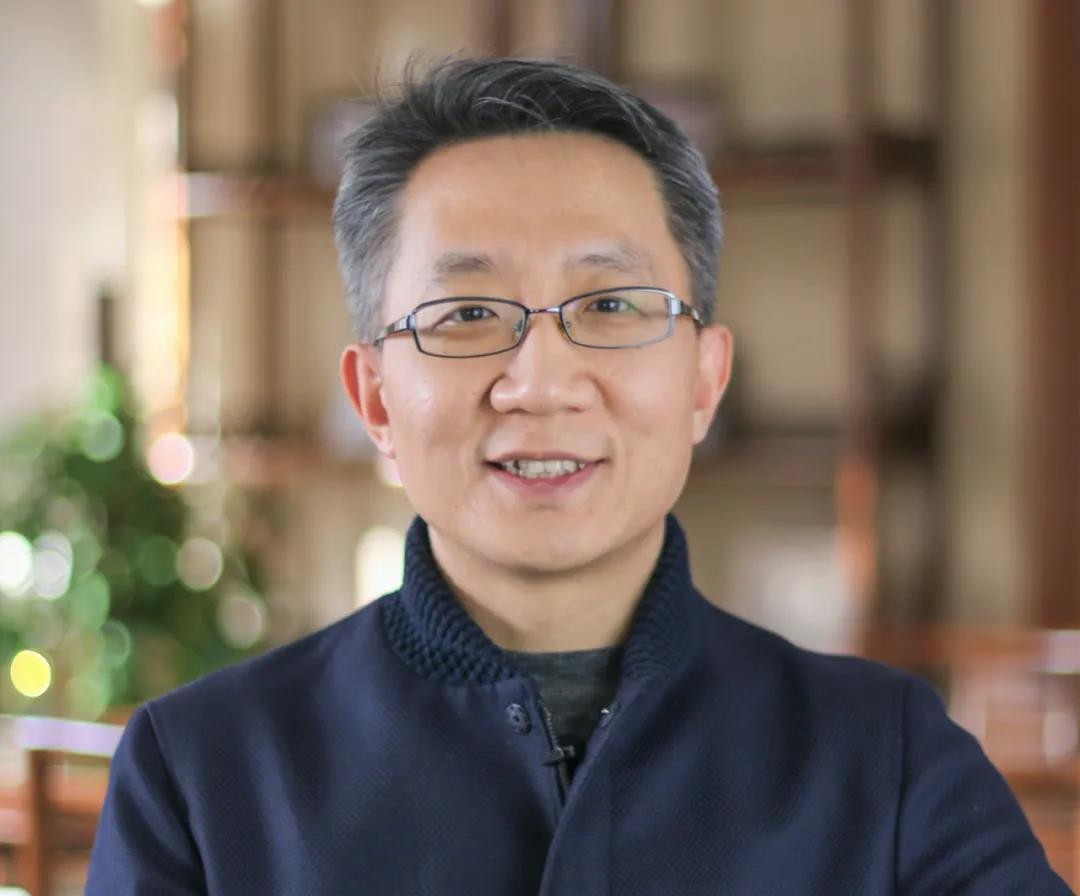
According to Prof. Zhang Shiqiu from College of Environmental Sciences and Engineering, Peking University, “Our Scholars want to understand China and the environmental issues in the country. In China in Transition, they not only looked at the issues themselves, but tried to understand how environmental problems emerged and were solved in fast-developing China. The experience and lessons in the process are of academic significance and practical importance for environmental governance and policy-making in other countries.”
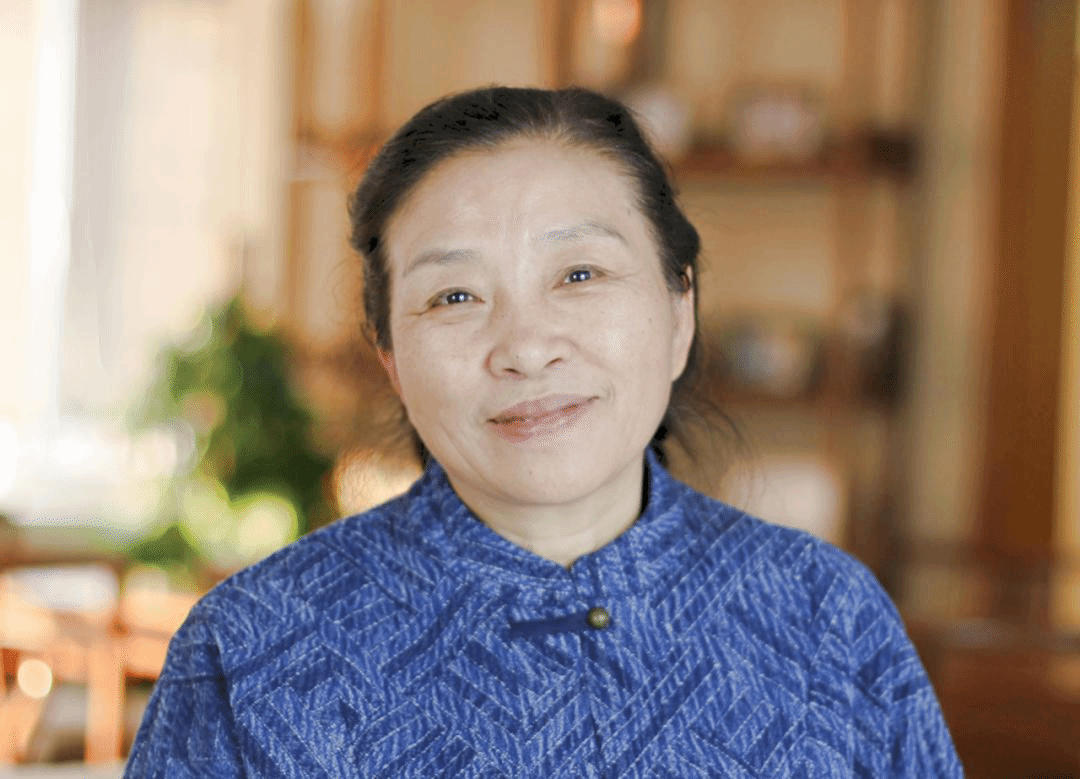
Our teachers gave instructions on how to study and communicate more efficiently in online courses during the pandemic. They also encouraged our Scholars to apply what they learnt in their future study and research in the new semester.